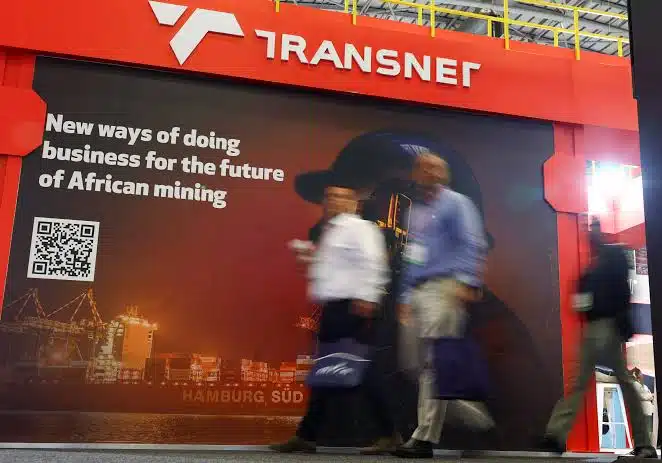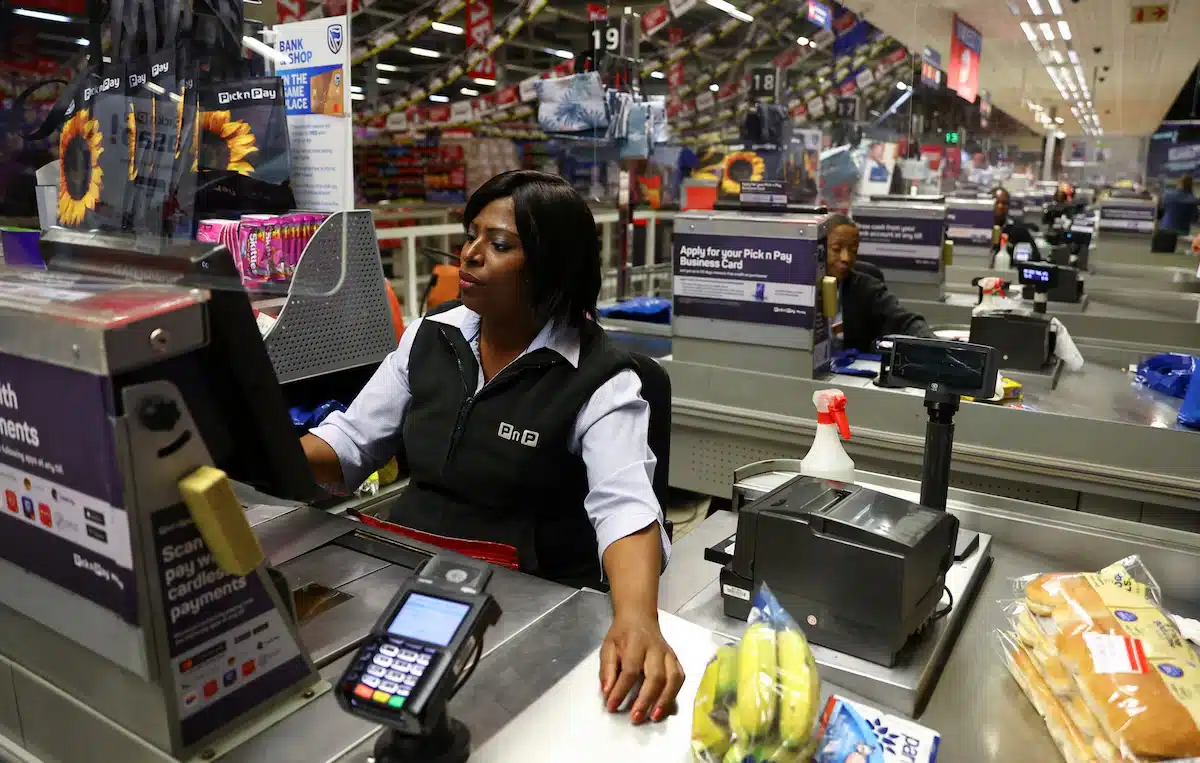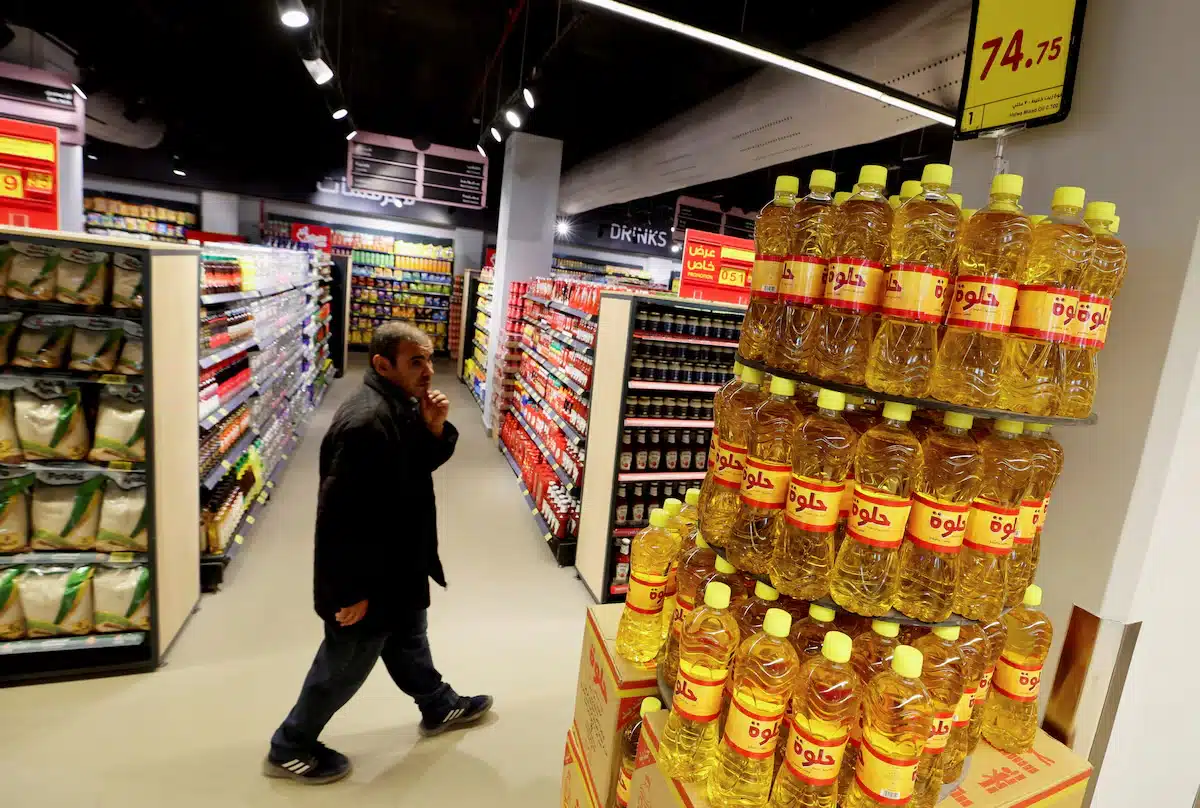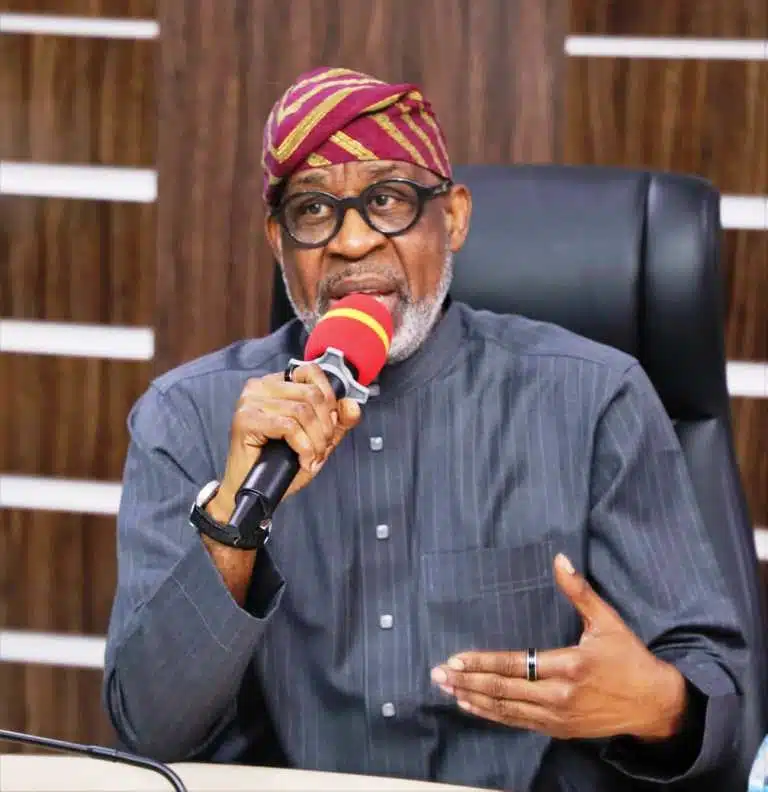South Africa’s state-owned ports and freight rail operator, Transnet, has reached a three-year wage agreement with its recognised labour unions, averting a potential strike that threatened to disrupt the country’s vital export logistics.
The deal, announced on Thursday, includes an 18% salary increase spread over three years and ends weeks of tense negotiations with the United National Transport Union (UNTU), Transnet’s majority union.
UNTU had initially demanded a 10% increase over a single year but ultimately agreed to the multi-year structure. The South African Transport and Allied Workers Union (SATAWU), a smaller union, had already accepted a similar 17.5% three-year deal in March.
“The finalisation of the three-year wage agreement provides labour stability and will enable the company to focus on its immediate strategic priorities of improving operational and financial performance,” Transnet said in a statement.
The agreement comes against the backdrop of the government’s ongoing efforts to reform state-owned enterprises, including Transnet, which has faced persistent inefficiencies and operational backlogs in recent years. In 2022, a major strike at the company severely disrupted exports of minerals and fresh produce, dealing a blow to Africa’s most industrialised economy.
By securing labour peace, the new deal offers reassurance to investors, exporters, and trade partners concerned about reliability in South Africa’s logistics sector. The move is seen as a step toward stabilising a key economic enabler as the government pushes for broader reforms across its struggling state entities.
This pact follows Transnet’s refocus to growth and innovation in its engineering and maritime divisions.
Transnet Engineering (TE) – a division of the state-owned logistics giant – unveiled its vision for growth in maritime operations during a tour of its Salt River facility in Cape Town on June 11.
Speaking during the event, Chief Procurement Officer Colette Yende said Transnet’s three main divisions – Transnet Engineering, Transnet Freight Rail, and Transnet Infrastructure – are aligned in their mission to stimulate South Africa’s economy through improved freight, infrastructure, and manufacturing capacity.
“The work that the ports do must also be enhanced to ensure that there are no delays, the future of Transnet and the South African market is bright,” said Yende. She added that TE aims to partner with Original Equipment Manufacturers (OEMs) to facilitate skills transfer and deepen local industrial capabilities.
Tshwanelo Tswai, General Manager of TE, highlighted the growing importance of the maritime unit, which has only been operational for the past three years.
“We have the engineering capabilities to do many things in maritime – it is a space we believe we can improve,” he said, emphasising diversification, strategic partnerships, and regional market penetration.
Executive Manager of Port Business at TE, demonstrated the company’s capacity to support port operations, showcasing the port haulers – specialized vehicles used to move containers and commodities like coal and iron ore from land to ships.
“With improved and reliable equipment, we are a key enabler in the port environment,” said Maqabangqa.
Tswai concluded that expanding TE’s footprint in port equipment maintenance and manufacturing will not only strengthen its domestic position but also help establish Transnet as a critical logistics player across Africa.








